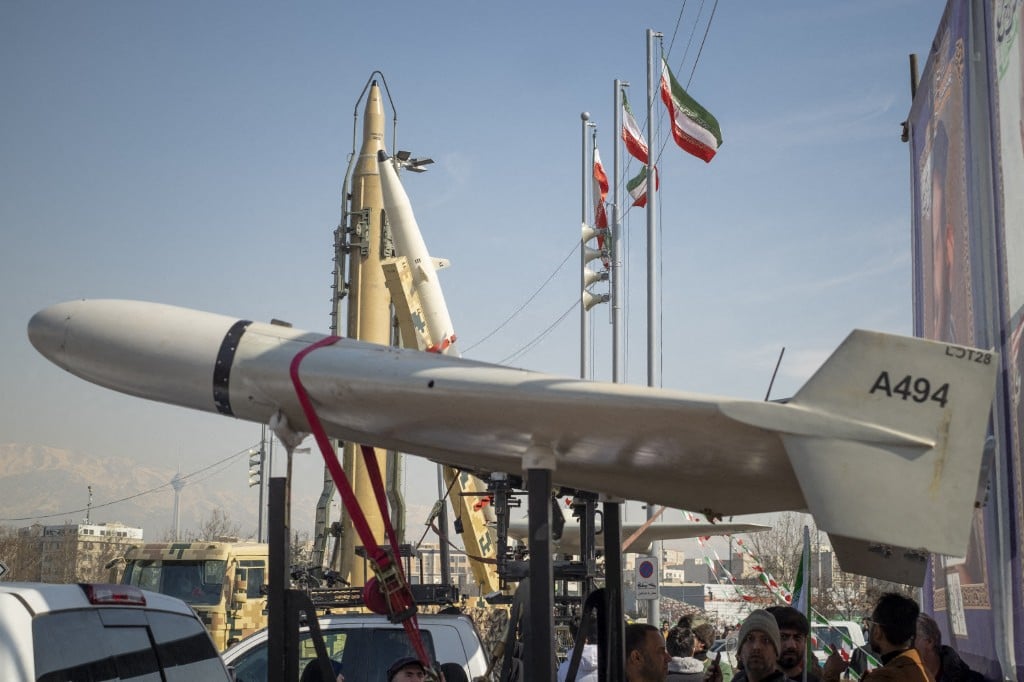The Iranian government has announced a substantial increase in its military budget, revealing plans to triple the spending for the upcoming year in response to an escalation in tensions with Israel during recent months. Government spokesperson Fatemeh Mohajerani outlined an extraordinary projected rise of nearly 200 percent, emphasizing a strategic shift in Iranian military policy.
Historically, Iran’s military budget has stood at approximately $10.3 billion, significantly lower than those of neighboring regional powers, such as Saudi Arabia, which boasts a military budget around $70 billion, and Turkey, estimated at about $40 billion. The proposal for increased military spending is part of a broader budget plan that is expected to be deliberated and finalized by lawmakers early next year.
With a military force composed of 610,000 active-duty personnel and an additional 350,000 in reserve, Iran maintains one of the largest military establishments in the Middle East, totaling nearly 960,000 troops. The country has also been proactive in developing advanced aerospace and missile technologies, focusing on long-range precision-guided missiles and drones that serve as crucial elements of its deterrence strategy.
Increasing hostilities have marked recent months, with Tehran conducting multiple missile strikes against Israel. Notable operations occurred in April and October, during which Iranian forces launched hundreds of rockets toward Israeli targets. Most of these missiles were intercepted by Israeli defense systems aimed at protecting the country’s airbases. The April strikes were reportedly retaliation for an Israeli bombardment of the Iranian consulate in Syria, which resulted in the deaths of several senior Iranian officials. The subsequent October assault was in response to the killings of key figures, including Hezbollah chief Hassan Nasrallah in Lebanon and Hamas leader Ismail Haniyeh in Tehran.
In retaliation for these Iranian strikes, Israel launched missiles targeting Iranian assets, focusing on missile production facilities and resulting in the deaths of four Iranian soldiers. Iranian Foreign Ministry spokesperson Esmaeil Baghaei issued a stern warning following these events, stating that Tehran would employ “all available tools” in its response to Israeli actions.
Iran’s supreme leader, Ayatollah Ali Khamenei, has amplified these tensions, declaring that both the United States and Israel should prepare for a “tooth-breaking response” to their actions against Iran and the broader resistance front. This aligns with Iran’s ongoing support for militant groups such as Hamas in Palestine and Hezbollah in Lebanon, as well as the Houthi movement in Yemen.
In a further demonstration of its strategic intentions, the Iranian parliament recently drafted a proposal for a “Resistance Pact,” aimed at fostering a common defense mechanism among Tehran and its allied movements. This proposal entails a commitment from all member entities to provide robust military, economic, and political support to any member state facing attacks.
In a related regional development, US warplanes conducted strikes against Houthi forces in Yemen, targeting their weapons storage facilities. This military action underscores the growing complexity and volatility of the regional security landscape as various actors respond to the shifting balance of power amidst heightened tensions in the Middle East.





